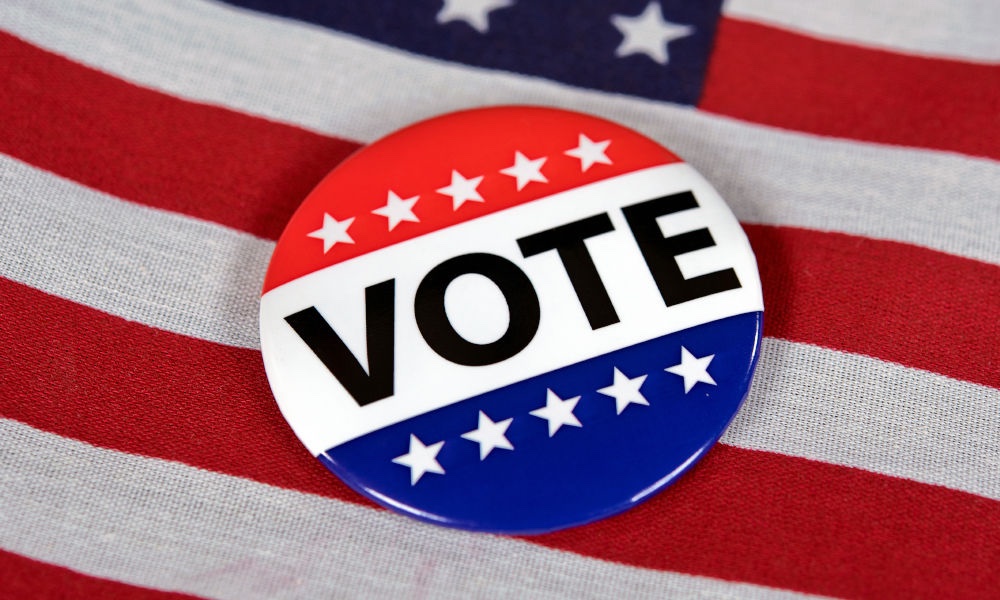Your chances of surviving a heart attack has a great deal to do with where you live. There is a five−fold difference in survival rates of sudden cardiac arrest depending upon geographic location, according to a recent study in the Journal of the American Medical Association.
Survival depends upon recognition and treatment of the problem by witnesses and emergency responders.
Survival ranged from 3 to 13.3%, based on data from over 20,000 patients at ten American and Canadian sites. Overall, 4.6 percent of patients survived to be discharged from the hospital. "I expected there would be some differences, but the differences were greater than we expected, greater than for heart attack and stroke," said study author Dr. Graham Nichol, director of the Center for Pre−Hospital Emergency Care at the University of Washington. The study evaluated episodes of sudden cardiac arrest that occurred outside the hospital setting. In these cases, survival depends upon recognition and treatment of the problem by witnesses and emergency responders.
According to Dr. Nichols, the difference in survival is likely due to "Incidence and Prevalence and Risk, as well as how the community responds to cardiac arrest."
Differences in the way sudden cardiac arrest is managed may also play a role. The presence of portable cardiac defibrillators and widespread training in cardiopulmonary resuscitation (CPR) may improve survival rates. Other variations, such as travel time to the hospital and how quickly emergency medical personnel are able to respond, may also affect survival rates. "Every city needs to understand how well it is doing," Nichol said. "Cardiac arrest is a treatable condition, and cities should work hard to treat it better."
Sudden cardiac arrest occurs within seconds, when the heart stops beating or begins beating inefficiently. Cardiac arrest may occur for a number of reasons, including underlying conditions such as high blood pressure, high cholesterol or heart disease, and environmental conditions like stress and diet.




